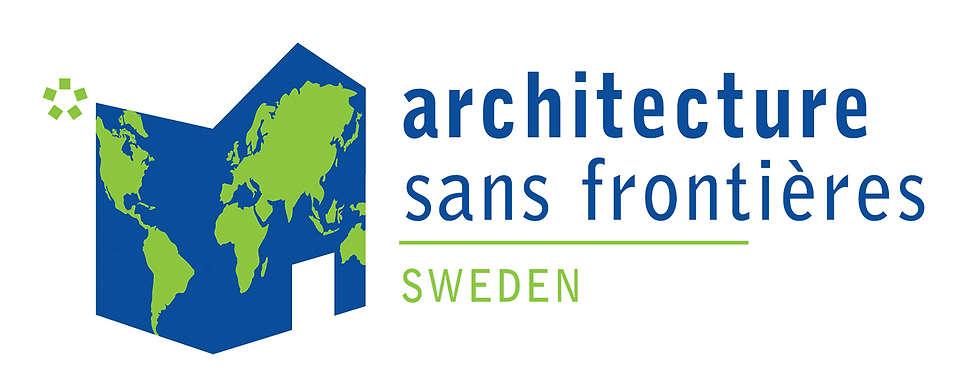Temporary kindergarten up and running !
- Sabine
- Mar 18, 2021
- 3 min read
The first building on The Humane School plot of land, a temporary kindergarten for approximately 50 children, has been built and openened in february 2021.

After being closed for 9 months to contain the spread of Corona virus, schools in Kenya reopened in January 2021. Our former school can no longer accomodate the students of The Humane School, following the set directives and standards by The Ministry of Education they are being redirected to nearby schools, with priority to the pupils in the National graduation year.
Due to contrains of time and resources, we resorted to a temporary kindergarten with two rooms built on our plot of land. It will be reused later as a barn or storage for the organic farm.
-Sammy Mabele, farmer and teacher at The Humane School -
The building is built with low cost, locally available materials and employed local builders. Because of the urgency, the layout and building techniques are simple:
The temporary kindergarten is composed of two classes with sufficient windows for natural daylight. The structure is in timber and the roofing and cladding is in corrugated metal sheets. It is placed on the recently acquired plot of the Humane School, on a location that will not disturb the construction of the permanent structures of the school.
It is planned to convert the building´s structure for other uses once the permanent kindergarten will be built. The whole building can easily be transformed into a barn to store tools, products or harvest of the organic farm, a cowhouse etc. Building element, namely wood timber, metal sheets and a few burnt bricks, could also easily be dismantled and reused for the construction of other buildings.
Why build a temporary kindergarten?
- To help parents, and mothers in particular, to resume their income-earning activities when the risk of corona decreases.
- To initiate new collaboration with local builders and material suppliers, that can be later used for the planned construction of the school premises.
- In the long term, the building will be converted into a barn for the ecological farming activity, that will provide food for the school lunch, educate the students on sustainable farming and provide an income to the school for, among other, the maintenance of the planned school buildings.
How is this related to the Corona crisis in Kenya?
Covid-19 pandemic has had consequences not only on health, but also on households economy and livelihoods. Many households in rural Kenya have lost or been forced to reduce their income-earning activities. With the second wave of Covid-19 curving down and the reopening of schools, parents should be soon able to partly resume their usual income-earning activities (mostly farming). But because taking care of small children traditionally falls to mothers, many women in the community will not be able to go back to work unless they can entrust their children to a day-care facility. This temporary Kindergarten receives appr. 50 small children, which allow appr. 20-40 women to resume their income-earning activities.
Many small private owned schools around here were closed down after the pandemic because they mainly relied on payment of fees for operation. When schools resumed this year, the public daycares are overwhelmed with high populations, and it is not easy to observe covid 19 protocols, hence the need for the temporary kindergarten.
Most parents will be able to resume their casual labour in the soon coming planting season, and having a place where their small children can spend the day will allow the parents more hours to work.
With a temporary kindergarten running, the humane school will continued being recognized as opposed to if we resorted to shutting down completely and waiting for the new school to be built, which may take longer.
-Juliet Mia, Director of The Humane School Board of Education -
According to a high-frequency phone survey with households implemented by the World Bank to measure the socio-economic impacts of COVID-19 in Kenya, between May and November 2020, 24% of households in Trans Nzoia took Consumption Loans to generate income. This high number (2nd highest among all regions of Kenya) illustrates the loss of income generating activities due to Covid-19.

Sponsors and fundings
The budget presented by our partners has been respected, and the total cost for the construction of the temporary kindergarten amount to approximately 3700 USD, including the costs for materials, labor and transport.
Half of these expenses has been generously sponsored by ASF-Sweden's members fund dedicated to the Covid crisis. We are looking for sponsors and donations to cover the second half.

There are many ways to support this project !
-To participate to the construction costs:
-For info about supporting the school's activities: https://www.thehumaneschool.org/home/sponsorship-37580523
-If you wish to support the purchase of the second part of the plot:
Don't hesitate to contact me if you have any questions or comments!
Thank you for reading :)
Keep safe
/Sabine.
















Comments